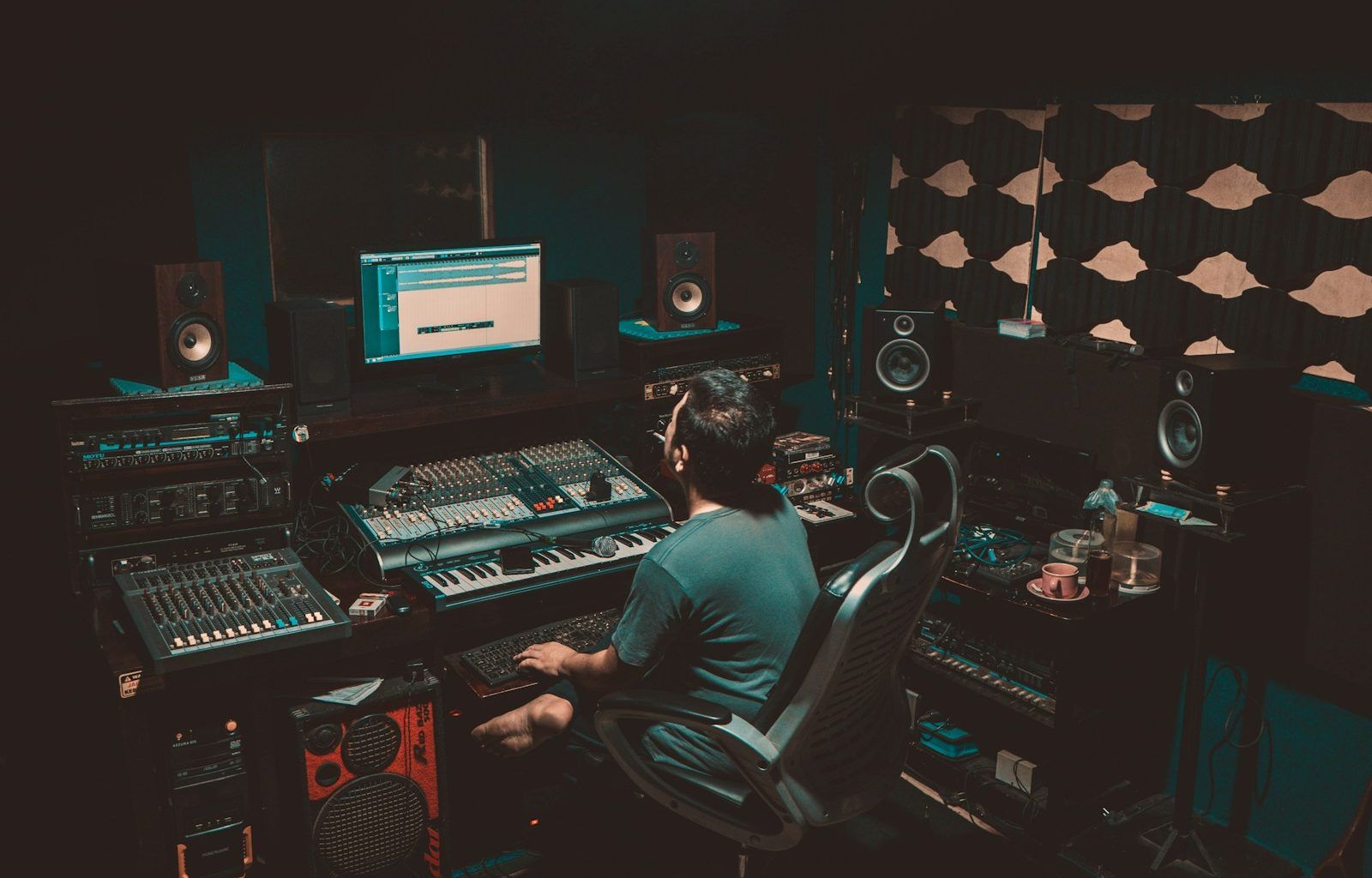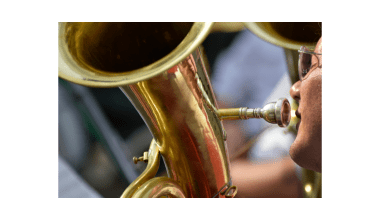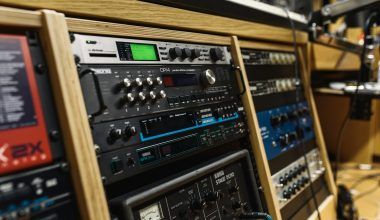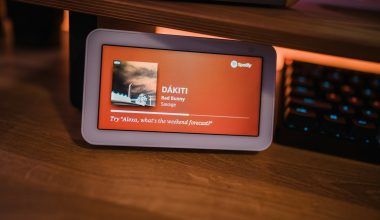Music festivals are magical. They bring people together to celebrate music, art, and life itself. Whether it’s a small local gathering or a massive global event, music festivals hold a special place in our hearts. But have you ever wondered how they all began? The history of famous music festivals is full of amazing stories, and in this blog, we’ll dive into those stories, exploring their origins, growth, and how they’ve shaped our world.
The Beginning: Ancient Music Festivals
Festivals in Ancient Greece
Thousands of years ago, in ancient Greece, music was an important part of life. People gathered at events like the Pythian Games to enjoy music competitions alongside sports. It wasn’t just entertainment—it was a way for people to connect and celebrate life.
India’s Musical Roots
India has a long history of music gatherings too. Events like the Pushkar Fair combined traditional music with community celebrations. These festivals helped preserve culture and bring people closer.
Medieval Music Festivals: A Time for Tradition
Church Music and Community Gatherings
In the Middle Ages, music festivals were often linked to the church. Religious music, such as Gregorian chants, was performed during special feasts and ceremonies. It wasn’t just about worship—it was also a way to share stories and traditions through music.
Folk Music for Everyone
During this time, folk music festivals became popular in villages across Europe. These gatherings brought communities together to sing, dance, and celebrate the changing seasons.
The Birth of Modern Music Festivals
The First Big Festival: Bayreuth in Germany
The Bayreuth Festival in 1876 was one of the first modern music festivals. Dedicated to the music of Richard Wagner, it was an event where people came from far and wide to enjoy a specific kind of music. This idea of a “specialized festival” inspired many more.
America Joins In: Newport Jazz Festival
In 1954, the Newport Jazz Festival was born. It was the first big music festival in the United States, focusing on jazz. People loved it, and it showed that festivals could celebrate one type of music in a big way.
The Swinging Sixties: A Time of Change
Woodstock: The Festival That Changed Everything
In 1969, Woodstock became the most famous music festival in history. It wasn’t just about music—it was about peace, love, and hope. More than 400,000 people came together to watch legends like Jimi Hendrix and Janis Joplin perform. Woodstock became a symbol of freedom and togetherness.
Monterey Pop Festival: Where Rock Took Center Stage
Before Woodstock, there was the Monterey Pop Festival in 1967. It introduced the world to artists like The Who and Jimi Hendrix, setting the stage for future rock festivals.
Festivals Go Global: Music for Everyone
Europe’s Love for Festivals
In Europe, festivals like Glastonbury in the UK and Roskilde in Denmark became famous for their mix of music, art, and activism. Glastonbury, which started in 1970, is still one of the biggest festivals in the world.
Asia’s Growing Scene
Asia has its own incredible festivals. The Fuji Rock Festival in Japan is one of the best-known, while India’s Sunburn Festival celebrates electronic music in a vibrant way.
New Genres, New Festivals
The Rise of EDM Festivals
The 1990s brought electronic dance music (EDM) into the spotlight. Festivals like Tomorrowland in Belgium became legendary for their spectacular lights, sounds, and massive crowds.
Hip-Hop Takes Over: Rolling Loud
Hip-hop got its own festival in 2015 with Rolling Loud. It quickly became one of the biggest hip-hop festivals in the world, showing how the music festival scene keeps evolving.
Festivals That Make a Difference
Using Music for Good
Music festivals often stand for more than just music. Events like Live Aid in 1985 raised millions of dollars to help fight famine in Africa. Woodstock, too, became a symbol of peace and love during troubled times.
How Technology is Changing Festivals
Virtual Festivals During COVID-19
When the pandemic hit, festivals went online. Events like Tomorrowland Around the World brought people together virtually, proving that music festivals could adapt to new challenges.
The Future of Music Festivals
In the future, we might see festivals that are both online and in-person. This could make them even bigger and more accessible.
India’s Unique Music Festivals
Classical Music Festivals
India’s Sawai Gandharva Bhimsen Festival celebrates classical music and keeps traditional art forms alive.
NH7 Weekender: A Blend of Old and New
This popular festival mixes Indian music with global genres, creating a space for everyone to enjoy.
Why Do We Love Music Festivals?
Music festivals are about more than just music. They’re about the people, the memories, and the feelings they create. Whether it’s dancing under the stars or listening to your favorite artist live, festivals remind us of the power of music to bring joy.
Conclusion: The Journey Continues
The history of famous music festivals shows us how music can unite us, inspire us, and bring out the best in us. From ancient traditions to modern-day spectacles, festivals continue to evolve, spreading love and music to every corner of the world.
Related Articles:
For further reading, explore these related articles:
- Music Shapes Fashion Trends With Style and Culture
- The Psychology of Music: How Music Influences Our Minds and Lives
For additional resources on music marketing and distribution, visit DMT RECORDS PRIVATE LIMITED.






